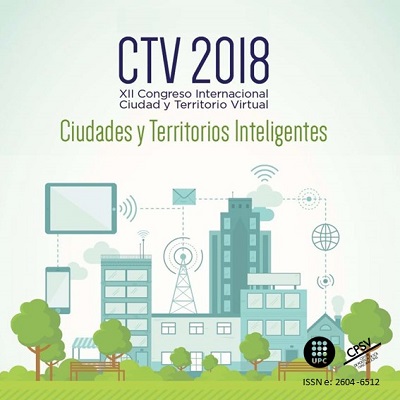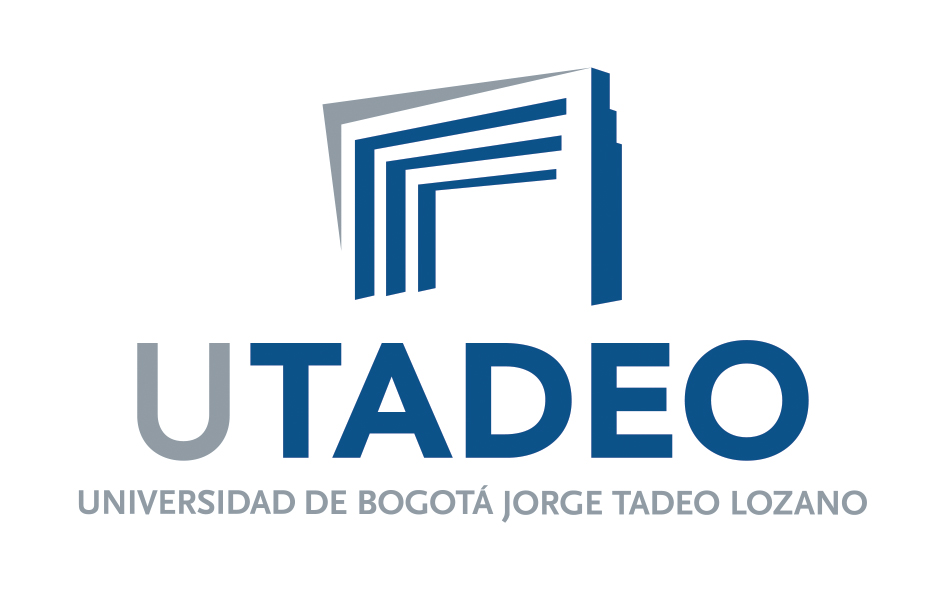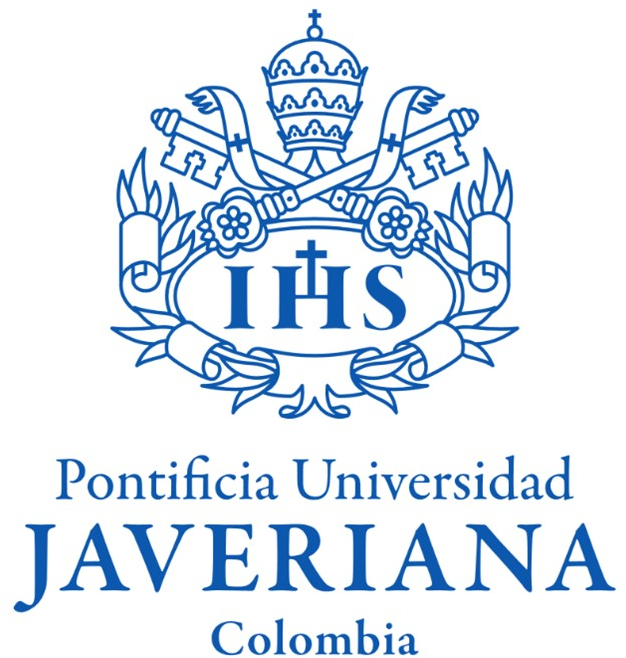The marginal price of housing energy-efficiency in Metropolitan Barcelona: issues of sample selection biases
DOI:
https://doi.org/10.5821/ctv.8245Keywords:
sample selection biases, energy-efficiency price, EPCs, Metropolitan BarcelonaAbstract
Purpose
Housing energy-efficiency has become a hot issue in the residential sector along with the mandatory requirement by EPBD to exhibit an energy performance certificates (EPC) when transacting real estate. Numerous studies have focused on energy-efficient marginal price using hedonic price models. Nevertheless, in some markets such as the Spanish one a vital proportion of properties to be let or sold do not exhibit the EPCs in the real estate advertisement. By not considering this issue the impact of EPCs on housing prices may result biased. In other words, those cases without EPC labels that are not considered, when analyzing impacts of energy label on housing prices, do actually matter to them. This ignorance of sample selection bias may reduce the accuracy of results, or even give an adverse estimation. In this case, we aim to explore the presence of sample selection bias and correcting these biases for better the following studies.
Methodology
A collected selling listing prices from Habitaclia, one of the leading web-based real estate listings in Catalonia is the main source of information and Heckman model is used to identify the likelihood of selection bias in metropolitan Barcelona by the two-step method, including a Selection model and a Hedonic Price model. After tested robustness and quantized the bias from those non-EPC-labeled properties, an energy-efficient premium will be revised and compared with the traditional OLS estimate results.
Conclusion
The estimation results suggest that the sample selection indeed exist and does matter to energy-efficient premium in Barcelona Metropolitan. This premium increases from 9.6% to 12.6% when houses improve energy ranking from G to A, or from 0.9% to 2% with every ranking increasing after correcting those sample selection bias. At the same time, we found that the effect of sample selection bias is stronger where properties are higher with medium-high floor area size.
























